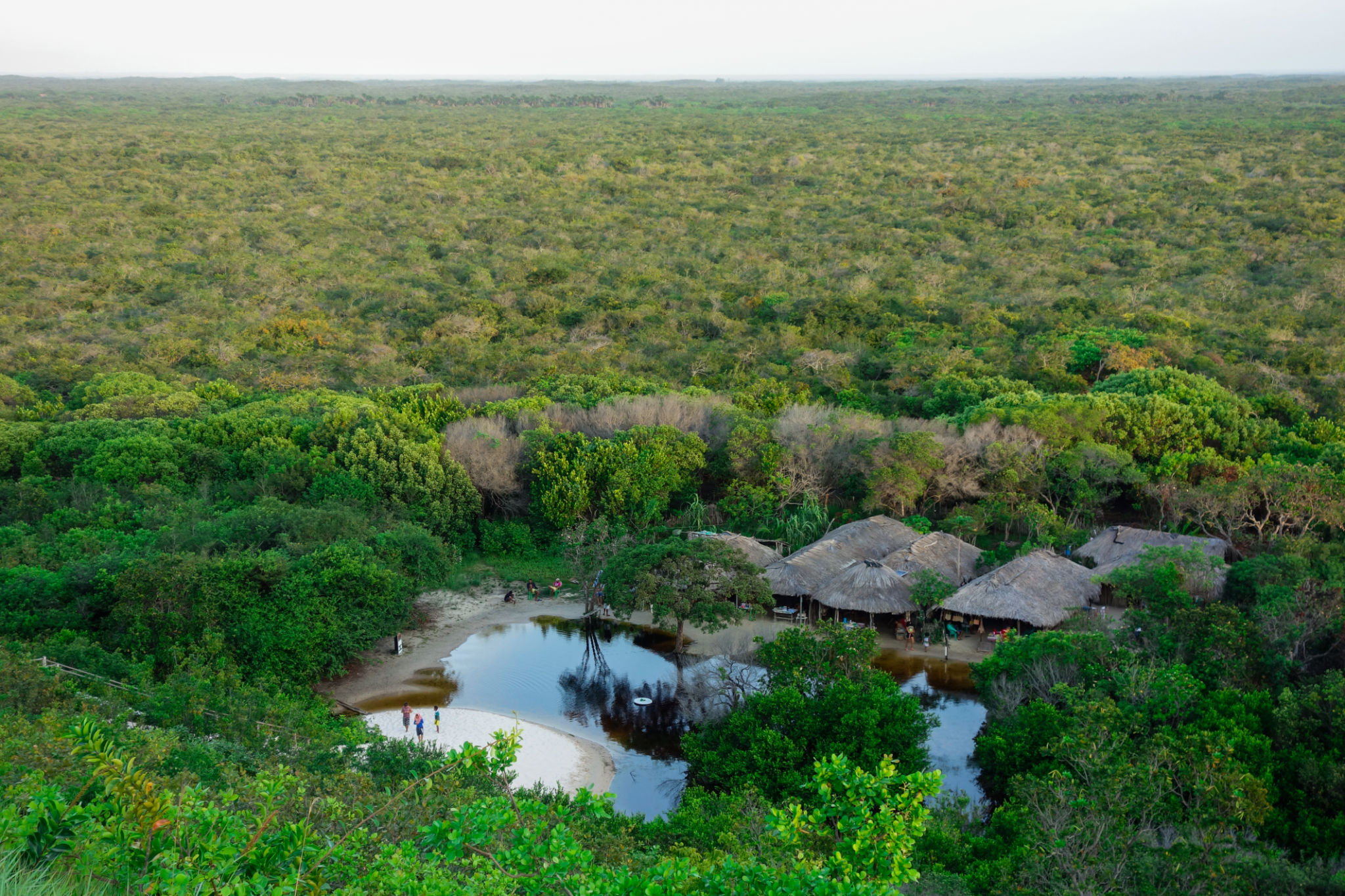Current Trends in Native American Environmental Law: A Consultant's Perspective
Understanding the Intersection of Native American Rights and Environmental Law
In recent years, there has been a growing recognition of the critical role Native American tribes play in environmental stewardship. As sovereign entities, tribes have unique legal standing that allows them to manage natural resources on their lands effectively. This intersection of Native American rights and environmental law is a complex and evolving field, with trends that consultants should keenly observe.
Tribes are increasingly asserting their rights to protect their lands from environmental degradation. This shift is gaining momentum due to a combination of legal precedents and increased advocacy, and it reflects a broader movement toward recognizing indigenous sovereignty in environmental decision-making.

The Role of Federal Legislation
Federal legislation, such as the National Environmental Policy Act (NEPA) and the Clean Water Act, plays a significant role in how environmental policies are enforced on tribal lands. Recent amendments and interpretations of these laws have emphasized the importance of consulting tribes in matters that affect their natural resources. This trend towards collaboration is not only a legal requirement but also a recognition of the valuable insights that indigenous knowledge brings to environmental management.
Consultants working with tribes must be adept at navigating these legal frameworks. Understanding how federal legislation interacts with tribal laws can provide a more comprehensive approach to environmental projects and policies on tribal lands.

Tribal Sovereignty and Environmental Justice
Environmental justice is a key component of the current trends in Native American environmental law. Historically, many tribes have faced significant environmental injustices, such as pollution from nearby industrial activities or resource extraction on their lands without proper consent. Today, there's an increasing demand for accountability and equitable treatment in environmental matters related to tribal communities.
Tribal sovereignty is central to achieving environmental justice. When tribes are empowered to make decisions regarding their lands, it ensures that they can protect their cultural and natural resources effectively. Consultants need to be aware of this dynamic and work towards supporting tribal sovereignty in all environmental endeavors.

Collaborative Approaches for Sustainable Solutions
Collaboration between tribes, government agencies, and private entities is essential for developing sustainable solutions to environmental challenges. Many successful projects have emerged from partnerships that respect tribal sovereignty and incorporate indigenous knowledge systems.
For consultants, fostering these collaborations requires a deep understanding of both the cultural and legal aspects of working with Native American communities. This involves not only recognizing legal rights but also engaging in meaningful dialogue that respects tribal traditions and values.
Emerging Technologies and Indigenous Knowledge
The integration of emerging technologies with indigenous knowledge offers new opportunities for environmental management on tribal lands. Technologies such as Geographic Information Systems (GIS) and remote sensing can provide valuable data, while traditional ecological knowledge offers contextual understanding that technology alone cannot achieve.
Consultants should explore ways to blend these approaches, creating innovative solutions that honor both the past and the future. This fusion can lead to more effective resource management strategies that benefit both tribal communities and the broader ecosystem.

The Path Forward for Consultants
As the field of Native American environmental law continues to evolve, consultants have an essential role in supporting tribes to achieve their environmental goals. By staying informed about legal trends, fostering collaborative relationships, and integrating innovative approaches, consultants can contribute positively to the sustainable development of tribal lands.
Navigating the complexities of this field requires sensitivity, respect, and a commitment to empowering Native American communities. As trends continue to shift towards greater tribal involvement in environmental governance, consultants must adapt and align their practices with these evolving priorities.